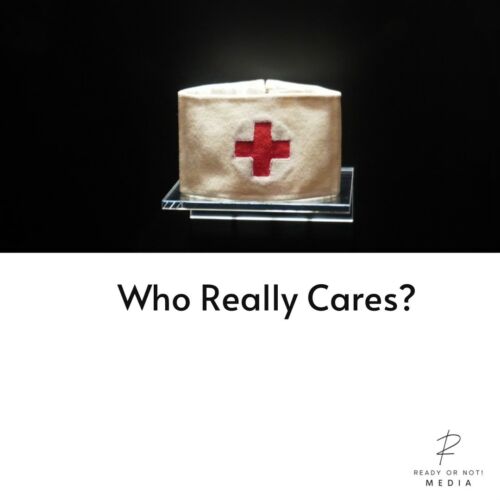
Get the care you deserve
“Did you understand what the doctor said?”
“No, I couldn’t hear him properly because of his mask. It’s difficult for me to understand since I can’t read his lips.” As I pondered, a thought crossed my mind.
“Why don’t hospitals provide their staff with see-through face masks to assist everyone, including those who rely on lip-reading?”
Can a deaf person call 911? Are you familiar with E911? Do I really need to call two numbers—one for texts and another to make or receive calls?
It’s hard to imagine, isn’t it? Yet, for deaf and hard-of-hearing individuals, this is the harsh reality they face today.
What options does a deaf person have when they can’t hear the technician on the other side of the room during a CT scan? They can’t have a family member be present in the room either, as it’s a radioactive environment.
They feel lost, scared, anxious, unable to communicate, and worried about potential negative test results or inconclusive outcomes due to their inability to hear instructions. Unfortunately, the healthcare system often falls short when it comes to meeting the needs of individuals with disabilities, resulting in unfair and discriminatory treatment.
A recent study conducted by researchers at Northwestern University highlights this issue, revealing that people with disabilities are significantly more likely to experience discrimination in healthcare settings. This discrimination manifests in the form of inaccessible facilities and equipment, as well as inadequate communication with healthcare providers.
It is imperative that we strive for inclusivity and accessibility in healthcare. By addressing these shortcomings, we can ensure that every individual, regardless of their abilities, receives the care they deserve.
Let’s get this right…universal access
They say without health you have nothing. I believe that without access to care, you have no road to health.
Tasks as simple as getting an appointment can be an obstacle, with many healthcare providers choosing to deny care to people with disabilities, and even use “discriminatory excuses to strategically discharge them from their practice.”
There are however regulations by the ADA set in place, such as the requirement of all medical practitioners to provide “full and equal access to their health care services and facilities” for people with disabilities.
We must hold to the ADA regulations to create the equal and safe space everyone deserves in healthcare and beyond.
